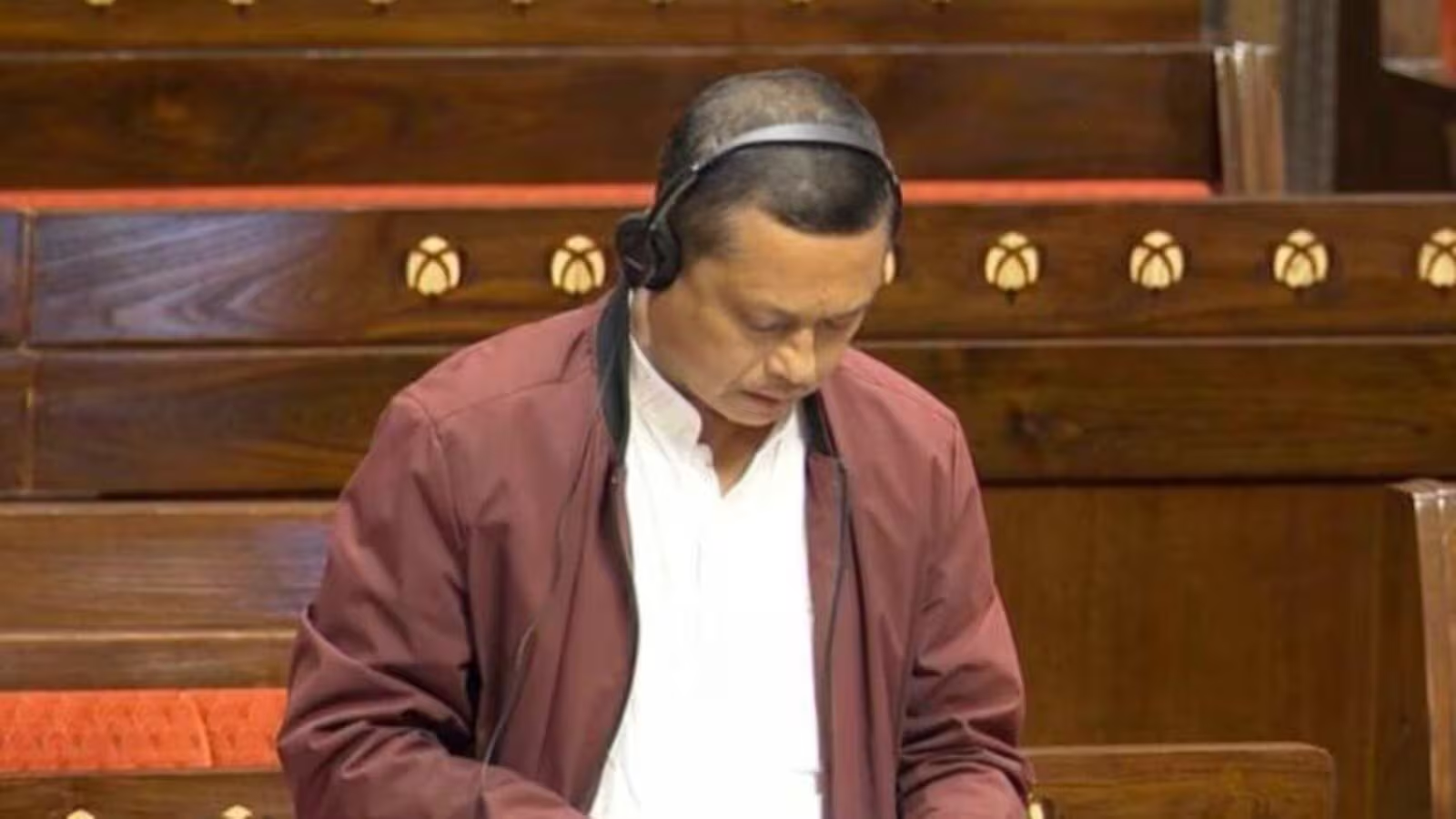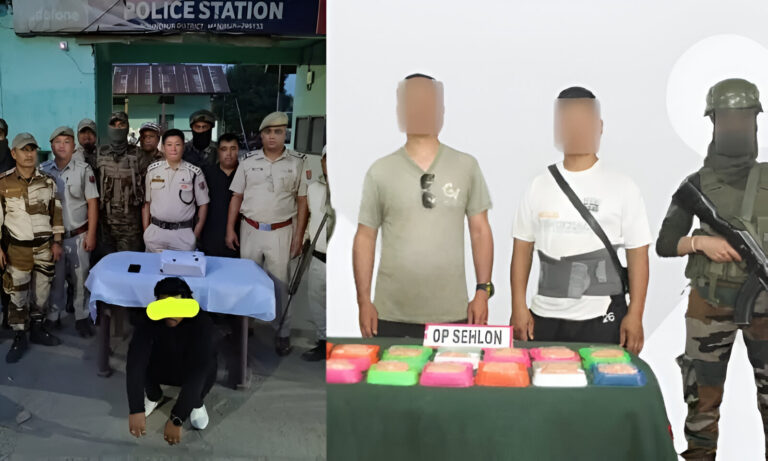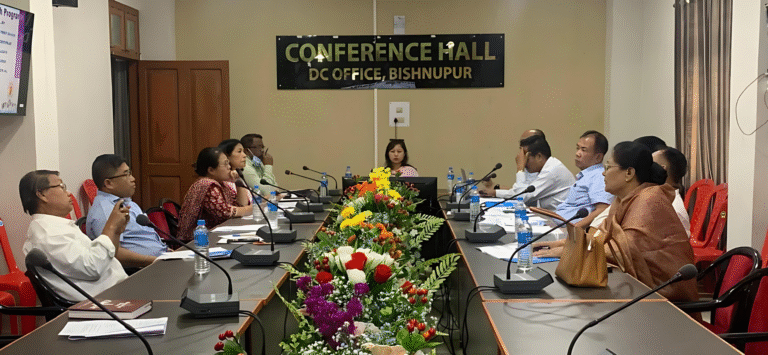Manipur MP Leishemba Sanajaoba vs PUCL Tribunal Report
On August 25, 2025, Manipur’s lone MP, Leishemba Sanajaoba (BJP, Rajya Sabha), publicly criticised the newly released Independent People’s Tribunal report on Manipur’s ethnic conflict—facilitated by PUCL—calling it “biased, one-sided, and misleading.” He urged civil society and legal professionals to press for an independent legal investigation and said he would consult legal experts regarding possible action against the report. He also objected to the tribunal’s description of Arambai Tenggol and Meitei Leepun as militant outfits, insisting they are socio-cultural bodies that resorted to self-defence during the early days of violence. Former MHRC acting chair Khaidem Mani likewise criticised the report, alleging gaps and selective omissions.
When a people’s tribunal speaks, it rarely has the force of law—but it can shape public narratives, push policy conversations, and sway international attention. That’s exactly why Manipur MP Leishemba Sanajaoba’s strong rebuttal to the PUCL-facilitated Independent People’s Tribunal matters: it’s a contest over legitimacy, evidence, and whose story becomes the story of Manipur’s 2023–25 turmoil. On one side is a 694-page report chaired by former Supreme Court judge Justice Kurian Joseph; on the other, an elected representative and community leader rejecting its framing and some of its conclusions.
What Is the PUCL Tribunal Report—and Why Now?
On August 20, 2025, the People’s Union for Civil Liberties (PUCL) released the report of the Independent People’s Tribunal on the Ongoing Ethnic Conflict in Manipur in New Delhi. The tribunal—chaired by Justice Kurian Joseph—assembled testimonies, submissions, and expert inputs into a 694-page document. Its central takeaway (as widely reported): the violence that erupted on May 3, 2023 was not spontaneous; it was planned, ethnically targeted, and facilitated by state failures.
A quick reality check on people’s tribunals: they are not official courts. They draw on juries of eminent persons and civil society processes. Their reports are not binding, but they can spark debate, lead to policy scrutiny, and inform legal or parliamentary action. That’s both their strength (independence) and their vulnerability (no coercive power).
What Did MP Leishemba Sanajaoba Say?
Speaking to media in Imphal, Sanajaoba Leishemba rejected the tribunal’s report as “biased, one-sided, and baseless,” warning it could inflame tensions and misrepresent the Meitei community. He urged civil society, legal professionals, and the public to demand an independent legal investigation, and said he would consult legal experts about possible action against PUCL. He also disputed the tribunal’s characterisation of Arambai Tenggol and Meitei Leepun as militant groups, describing them instead as socio-cultural organisations that took up arms in self-defence during the initial breakdown of law and order.
Former MHRC acting chair Khaidem Mani echoed these criticisms, alleging omissions—from killings in Jiribam to SoO breaches and alleged cross-border elements—arguing that a credible inquiry must present the full picture, not selected narratives.
FAQs
1) What exactly is a “people’s tribunal”?
A civil-society process where an independent panel (often eminent persons) hears testimonies and publishes findings. It’s not legally binding, but it can influence public debate and policy.
2) Does the tribunal report carry legal weight?
Not by itself. It can inform legal action, but courts and statutory bodies must conduct formal investigations before any legal consequences follow.
3) Can PUCL face legal action over its report?
Potentially—via defamation claims or other legal avenues—if specific, provably false and harmful statements are alleged. But such cases are hard to win, and courts often protect good-faith public interest reporting.
4) Why are Arambai Tenggol and Meitei Leepun so contested?
Because identity, security, and symbolism are tightly intertwined. Different stakeholders describe them in different ways—socio-cultural, vigilante, militant—and the law reacts to documented acts, not just labels.
5) What should ordinary citizens look for next?
Watch for any court-monitored probe, publication of evidence, and fair, speedy trials in specific cases. These signal whether the system is moving from narratives to accountability.




